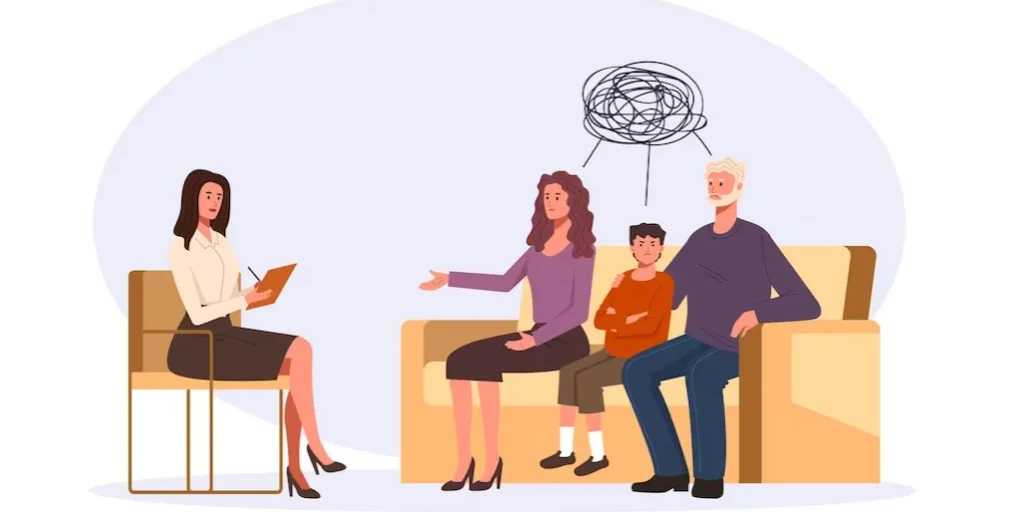24/7 Helpline:
(866) 899-221924/7 Helpline:
(866) 899-2219
Learn more about Anxiety Treatment centers in Loon Lake
Anxiety Treatment in Other Cities

Other Insurance Options

Providence

Group Health Incorporated

Highmark

PHCS Network

WellCare Health Plans

MVP Healthcare

Choice Care Network

Sutter

Lucent

State Farm

Covered California

BHS | Behavioral Health Systems

Private insurance

Molina Healthcare

Magellan

Ceridian

CareFirst

Humana

Aetna

Coventry Health Care







NorthEast Washington Alliance Counseling Services
NorthEast Washington Alliance Counseling Services - Hawthorne Avenue is a diagnostic and treatment c...

























































































































































































































Crisis Intervention Counseling
Crisis Intervention Counseling is a private rehab located in Colville, Washington. Crisis Interventi...

AA – Alcoholics Anonymous
AA – Alcoholics Anonymous is a non-profit rehab located in Colville, Washington. AA – Alcoholics Ano...

Spokane Tribe Behavior Health Agency
Spokane Tribe Behavior Health Agency is a public rehab located in Wellpinit, Washington. Spokane Tri...

Northeast Washington Counseling Service
Northeast Washington Counseling Service is a public rehab located in Chewelah, Washington. Northeast...





























































